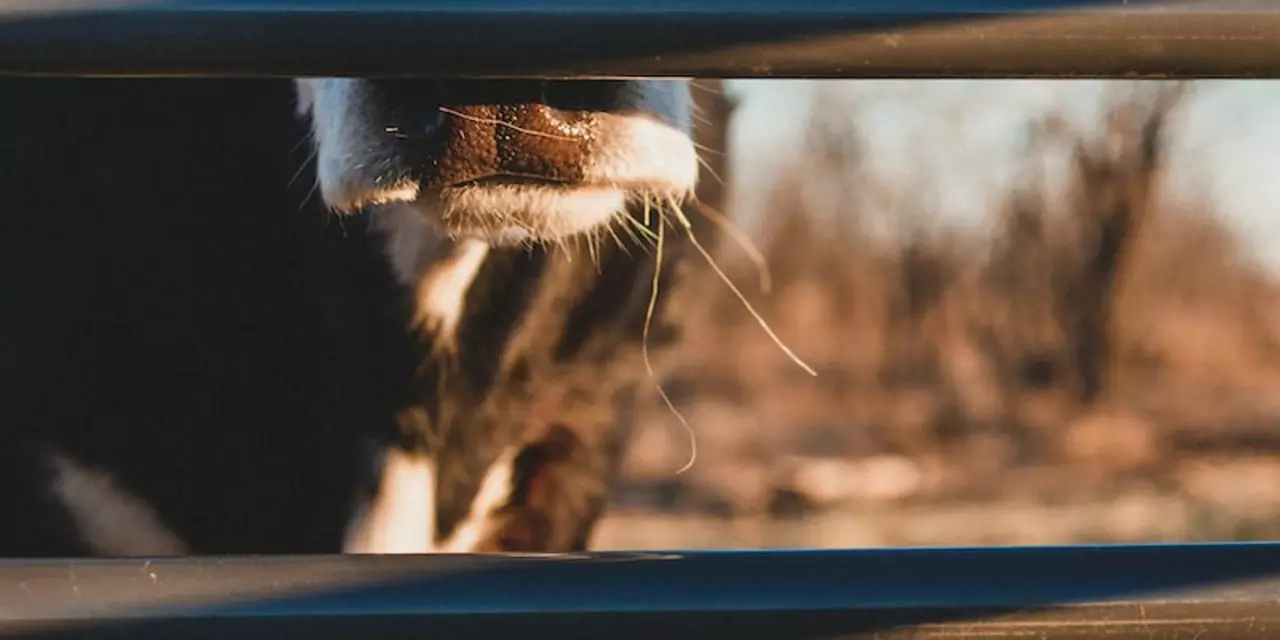Falcons — how to spot, ID, and help these fast raptors
Falcons are the speed demons of the bird world. The peregrine falcon can stoop at more than 240 mph, making it the fastest animal on Earth. That raw speed, slim profile, and sharp eyesight make falcons easy to fall for — once you know what to look for.
This short guide gives clear tips for spotting falcons, simple ID clues, where to see them in India, and ways you can help protect them. No jargon, just practical advice you can use on your next walk or drive.
How to identify a falcon
Look for a slim body, long pointed wings, and a tapered tail. Falcons often fly with quick, powerful wingbeats and then glide. Key marks to check:
- Size: ranges from the small kestrel to the larger peregrine or laggar. Kestrels are about the size of a pigeon; peregrines are bigger.
- Head: many have a dark 'moustache' or cheek mark (peregrine shows a clear dark patch under the eye).
- Wings: long and pointed in flight. That’s a giveaway compared with broader-winged hawks.
- Behavior: falcons hunt on the wing. You’ll see fast chases, sudden dives, or hovering (kestrels hover while hunting fields).
Where to see falcons in India & quick tips
Different species favor different spots. Peregrines adapt to cliffs and tall buildings — check coastal cliffs or city skyscrapers. Kestrels like open fields, roadside wires, and farmland. The Amur falcon is a migrant; big roosts form in northeastern India during migration season, especially Nagaland. Laggar and Shaheen falcons turn up in dry plains, scrub, and open country.
Tips for birdwatchers and photographers:
- Scan open sky and high perches early morning or late afternoon when birds are active.
- Use binoculars first; a field guide app helps confirm species from plumage and behavior.
- For photos, set a fast shutter speed (1/1000s or higher) and track with continuous focus.
- Respect nests and roosts: step back, avoid flash, and don’t disturb chicks.
Threats and how you can help: Falcon populations face habitat loss, pesticides, illegal trade, and collisions with man-made structures. You can help by reporting sightings to local bird groups, supporting rescue and rehab centers, avoiding buying wild birds, and backing habitat protection initiatives. Even small actions — like giving space to a hunting kestrel — matter.
Want regular updates? Follow local birding groups and watch for news about migration events and protection drives. Falcons are thrilling to watch, and with a little care we can keep them thriving around us.
